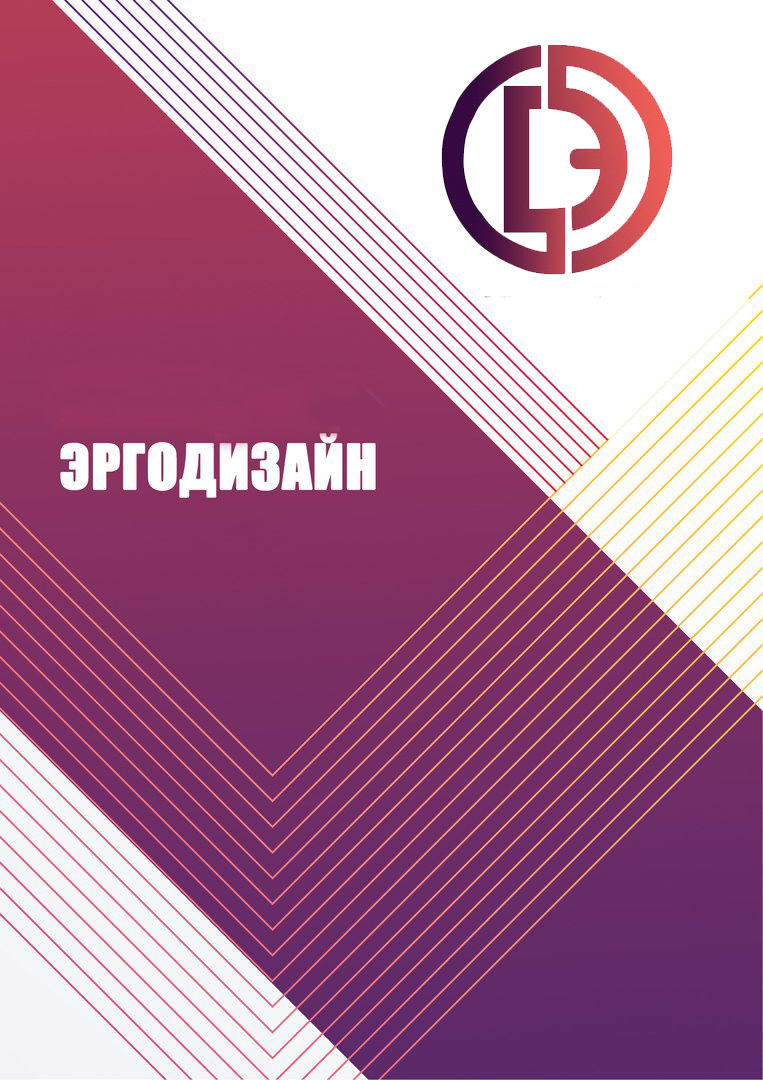Bryansk, Bryansk, Russian Federation
The sociodesign of the Russian mentality as an organizational principle of the statehood in the history of Russia is briefly outlined, the synthesis of the country specific and chronological approaches is carried out through the prism of producing a person, society, and the state under the influence of natural and climatic factors, internal processes and geopolitical problems using the methodology of complex science and text visualization. The matrix structure and functional connections of the individual’s and people’s mentality components are presented, indicators of the mentality manifestation and evaluation are disclosed, such as: archetypes of the unconscious and meaning-life orientations, social actions, public consciousness formation, national spirit and historical memory. From the standpoint of the country specific and chronological approach, the general characteristics of the Russian mentality are considered, which are superimposed on the psychological characteristics of various groups and specific individuals’ mentality, which can lead to forming a single national spirit associated with the specifics of national psychology if people have a national idea. As an organizational integrative principle of the statehood Russian people’s mentality is considered as a synergetic noospheric symbiosis of the individuals’ mentality of the Russian society.
sociodesign, mentality, historical process, Russia, past, present, future, man, society, state, economy, politics, culture, community, communism, cosmism, dream, resonance
1. Trifankov Yu.T. Historical Process and Man’s Quality. Russian Dream. Bryansk: BSTU, 2019. 224 p.
2. Tyutchev F.I. First Published in 1868. F.I. Tyutchev’s Po-ems. Moscow: Tipografiya A.P. Mamontova, 1868. 127 p.
3. Trifankov Yu.T., Zakharova L.I. Historical Process and Man’s Quality as a Problem in the Philosophical and Historical Aspect. Philosophy in the Context of Modern Social Practices. Bryansk: Bryansk Regional Scientific Universal Library named after F.I. Tyutchev, pp. 25-38.
4. Pishchik V.I. Mentality System Organization. Sistemnaya psikhologiya i sotsiologiya [System Psychology and Sociology], 2014, no. 3 (11), pp. 71-82.
5. Kitova D.A., Kitov A.A. Economic Mentality as a Problem of Psychological Analysis: from Theoretical Provisions to Em-pirical Research. Institute of Psychology of the Russian Acad-emy of Sciences. Social and Economic Psychology, 2020, vol. 5, no. 4 (20), pp. 67-95.
6. Spasennikov V.V. Sociodizayn preemstvennosti pokoleniy: teoretiko-eksperimental'nyy podhod // Ergodizayn. 2021. №1 (11). S. 15-26.
7. Yurevich A.V. Structural Elements of National Mentality. Psikhologicheskie Issledovaniya [Psychological Studies], 2013, vol. 6, no. 29. P. 12.
8. Yakupov S. F. Mentality and Social Institutions as Factors of Progress: on the Example of Chinese Civilization. Vestnik chelyabinskogo gosudarstvennogo universiteta [Bulletin of Chelyabinsk State University], 2013, no. 13 (304), pp. 33-40.
9. Subetto A.I. Memorandum Development Strategy of Russia in 21st Century. Noospheric Public Academy of Sciences, European Academy of Natural Sciences, International Academy of Harmonious Human Development (UNESCO). St. Petersburg: Asterion, 2014, 38 p. ISBN 978-5-00-045106-9.
10. Moiseev N.N. Development Algorithms. Moscow: Nauka, 1987. 302 p.
11. Bakunin M.A. Philosophy. Sociology. Politics. Moscow: Nauka, 1989. 621 p.
12. Trifankov Ya.Yu., Trifankov Yu.T. History of the Seversky and Starodubsky Cossacks (XVI-XVII Centuries). Bryansk: Publishing house of BSTU, 2016. 184 p. ISBN 978-5-89838-928-4.
13. Zaozerskaya E.I. At the Origins of Large-Scale Produc-tion in the Russian Industry of the XVI-XVII Centuries. Moscow: Nauka, 1970. 476 p.
14. Klyuchevsky V.O. Unpublished Works. Moscow: Nauka, 1983. 416 p.
15. Maslov A.Kh. Motivation and Personality. Saint-Petersburg: Harper RAV, 1987. 351 p. ISBN 978-5-459-
16. Kazantsev B.N. Workers of Moscow and Moscow Province in the Middle of the 19th Century, 40-50s. Moscow: Nauka, 1976. 182 p.
17. Piz A. Body Language. How to Read Otheres’ Thoughts by Their Gestures. IQ, Nizhny Novgorod, 1992. 262 p. ISBN 5-86115-006-0
18. Lenin V.I. Full Collection of Works. Institute of Marxism-Leninism under the Central Committee of the CPSU. Moscow: Gospolitizdat, 1961, vol. 15. P. 93.
19. Slavic Calendar: Chronology of the Rus. Available at: https://sergeiyurev.com/slavyanskij-kalendar (Accessed: 13th of December 2021).
20. Gumilyov L.N. End and Start Again. Popular Lectures on Ethnology. St. Petersburg: SZKEO, Kristall Publishing House, 2002. 384 p. ISBN 978-5-8112-3150-8.
21. Vernadsky V.I. Autotrophy of Humanity. Russian Cos-mism: An Anthology of Philosophical Thought. Moscow: Peda-gogika Press, 1993. 368 p. ISBN 5-7-155-0641-7.
22. Milosevic Z. Russia’s New Way: Russia in the Post-Byzantine Geopolitical and Religious Vortex. Eastern Sarajevo: Zavod za ud̂benike i nastavna sredstva, 2005. Available at: https://www.yandex.ru/search/?text=Miloshevich+Z.New+way+of+Russia%3A+Russia+in+post-Byzantine+geopolitical+and+religious +vortex.+Vostochnoe+Sarajevo%3A+Factory+behind+uџbenike+and+guide+means%2C+2005&lr=191&clid=9582.
23. Demidenko E.S., Dergacheva E.A., Popkova N.V. Phi-losophy of the Socio-Technogenic Development of the World: Articles, Concepts, Terms. Moscow; Bryansk, 2011. 387 p. ISBN 978-5-89838-559-0.
24. Spasennikov V.V. Sociodesign of the Generation Continu-ity: Theoretical and Experimental Approach. Ergodizayn [Er-godesign], 2021, no. 1 (11), pp. 15-26.










